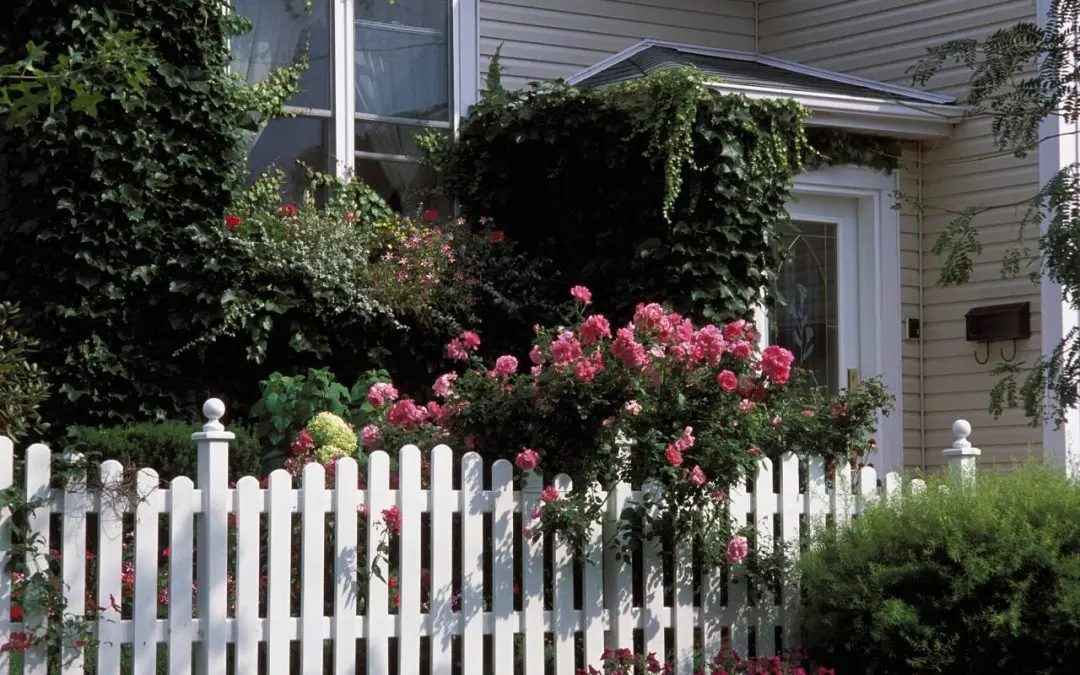Fencing serves a variety of purposes on your property. When planning for a fence, you should construct it to achieve your goals in the most affordable and durable way. Ask yourself these questions when you’ve decided you want to install a fence.
Why are You Planning for a Fence?
In rural areas, the most common use of fencing is to control livestock. If you live near farms, a fence can help you keep cattle or horses out of your yard. Perhaps you want to keep children and pets safe with your fence. You may want to build a fence for privacy, security, or decoration. The first step in planning for a fence is deciding what its primary purpose will be.
What Materials Are Best?
Decide which materials are best for the project based on the purpose of the fence. Wood has a traditional look and is affordable, but the upkeep in paint and repairs can get expensive. Vinyl fences won’t fade or rot, but they can be more difficult to customize with the terrain. Stone and wrought iron fences are far more costly and are unforgiving if changes are needed. Chain link is the most affordable option but you will sacrifice aesthetics. As you are planning for a fence, weigh the pros and cons of each type of fencing material.
How Will Fence Maintenance Be Done?
A wood fence will need some periodic upkeep like cleaning and painting. Plan how you will landscape, weed, and mow around your fence. String trimmers can damage vinyl fences. Mulch can contribute to rotting or pest infestations in wood fences. Decide how you’ll take care of maintenance before you choose a location, type, and material for your new fence.
What Barriers Exist When Planning for a Fence?
Before constructing your new fence, talk with your neighbor about the barrier. Planning a fence seems like a simple project, but an issue that may arise during construction involves property lines. You and your neighbor may not fully agree on the property line and need to have it surveyed.
Even if your neighbor doesn’t care at the time, a fence crossing property lines can cause issues when the time comes to resell your home or when your neighbor does. It’s also important to check on buried utilities before you set posts.
Will it Be in the Way?
As you are planning a fence, make sure it won’t interfere with your ability to use your property. Certain areas have codes that regulate access to the property, so make sure you comply with them. Also, your homeowners’ association will want to know about and approve your fence before it’s installed.
Fences provide a lot of benefits. They maintain privacy on our property, keep pets in the yard, and protect children from cars. The planning process requires a review of the fence’s purpose, materials, type, and location, along with an understanding of legal restrictions on how and where it’s built. With a good plan in place, your fence construction will be easier, less expensive, and more useful once complete.
R. Sorensen Construction & Inspections provides home inspections to Eastern Oregon. Contact us to request an inspection.

